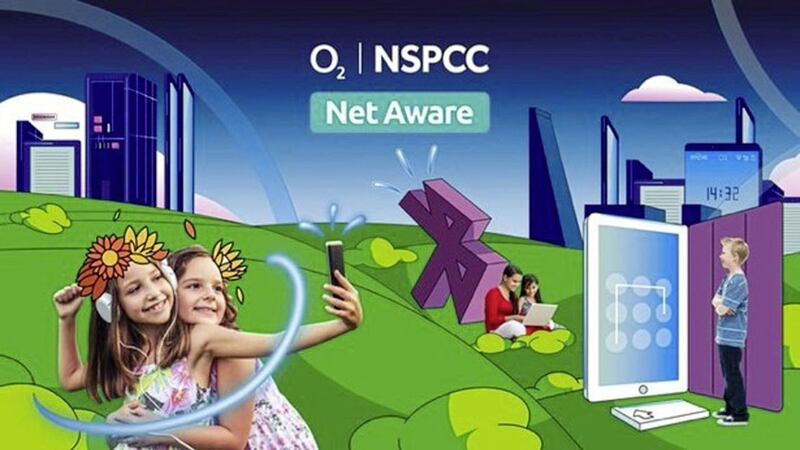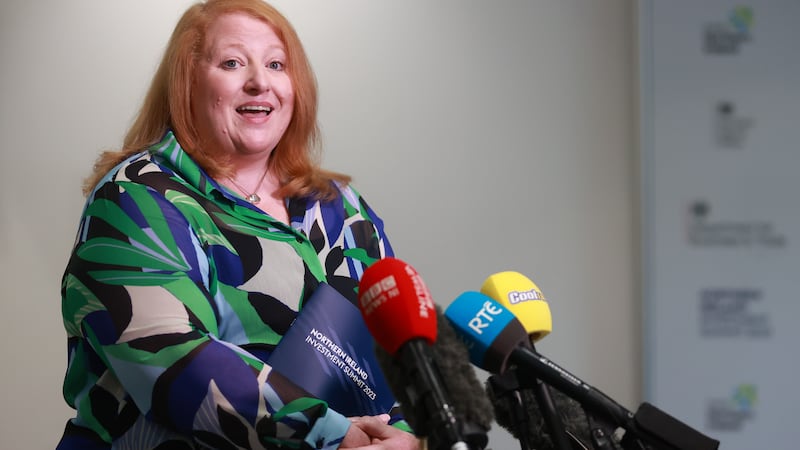ALMOST a third of children aged eight to 13 have shared personal details online, the NSPCC has found.
A survey revealed social media profiles contained potentially sensitive information including email addresses, phone numbers and home addresses.
Seemingly innocent details such as pets' names (25 per cent) and the school they attended (24 per cent) were the most frequently revealed.
In Northern Ireland alone, 37 per cent revealed they gave out personal details.
The survey also found that from a list of 36 apps, children were most likely to say they used YouTube, WhatsApp, Instagram, Snapchat and Roblox regularly.
However, just 37 per cent of children surveyed felt their parents understood YouTube, with the figure dropping below 10 per cent for Snapchat and Roblox.
The figures have been revealed as the NSPCC and O2 relaunch Net Aware, a website designed for parents to learn more about the latest apps, sites and games their children are using, along with technical and safeguarding tips.
While 82 per cent of parents speak to their children about wearing a seatbelt, and 81 per cent tell children about the importance of saying no when they are asked to do something they’re uncomfortable within the real world, only 65 per cent of parents check who their children talk to online.
Laura Randall, Associate Head of Child Safety Online at the NSPCC, said it is "vital parents think of the online world in the same way as the real world".
"They wouldn’t send their child on a school trip without checking where they are going and who they are going with," she said.
"The same level of scrutiny should apply to any app or game their child is using."





